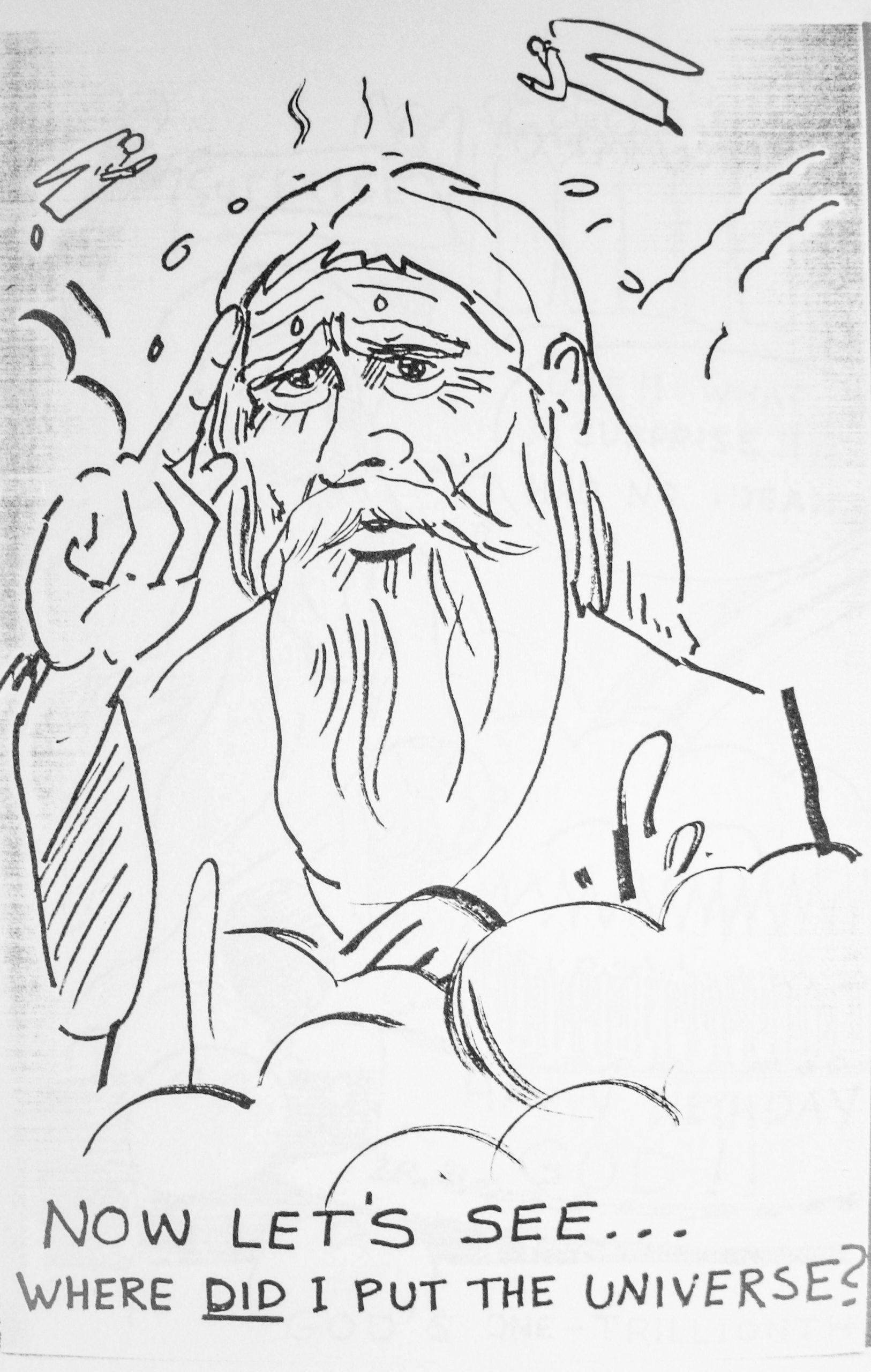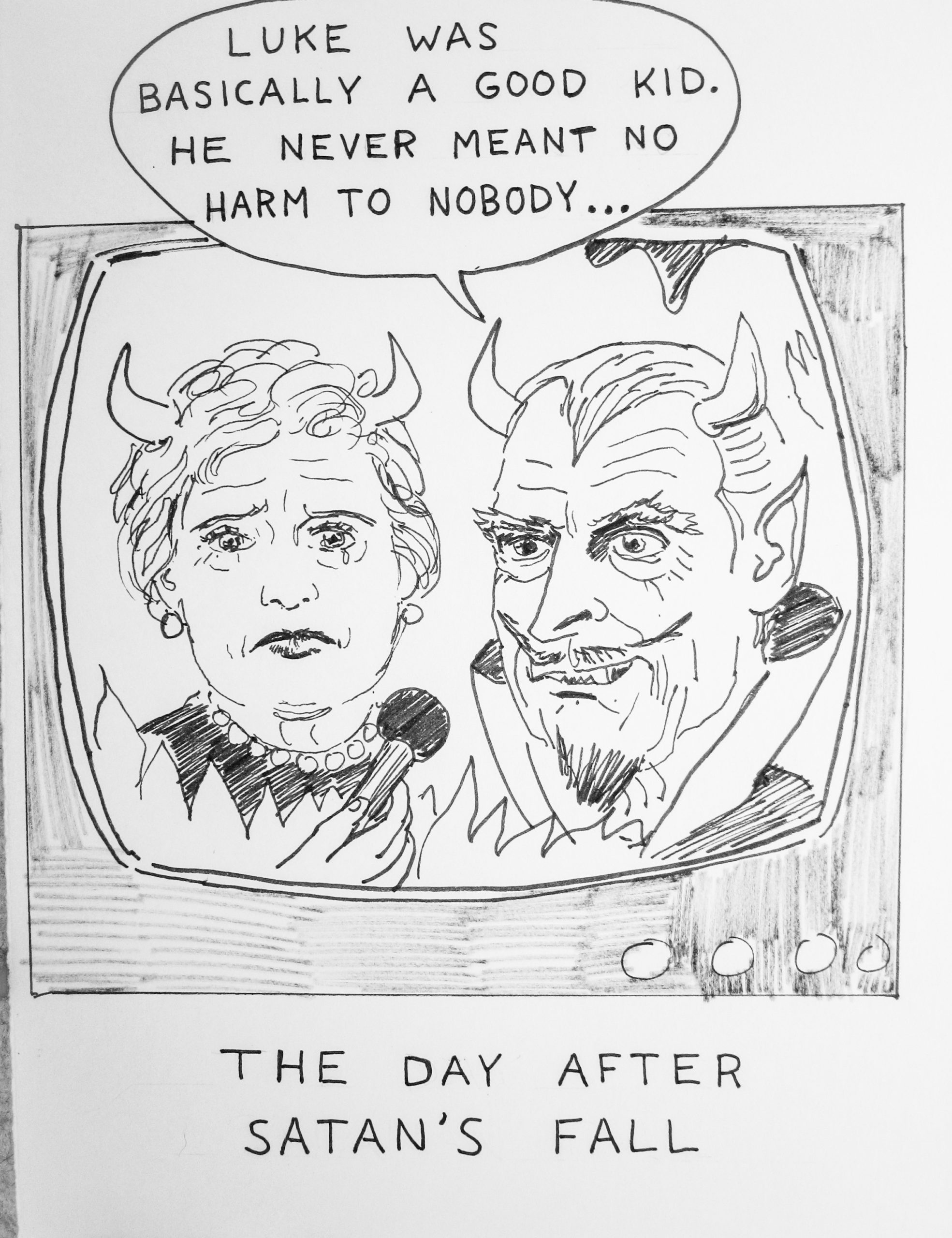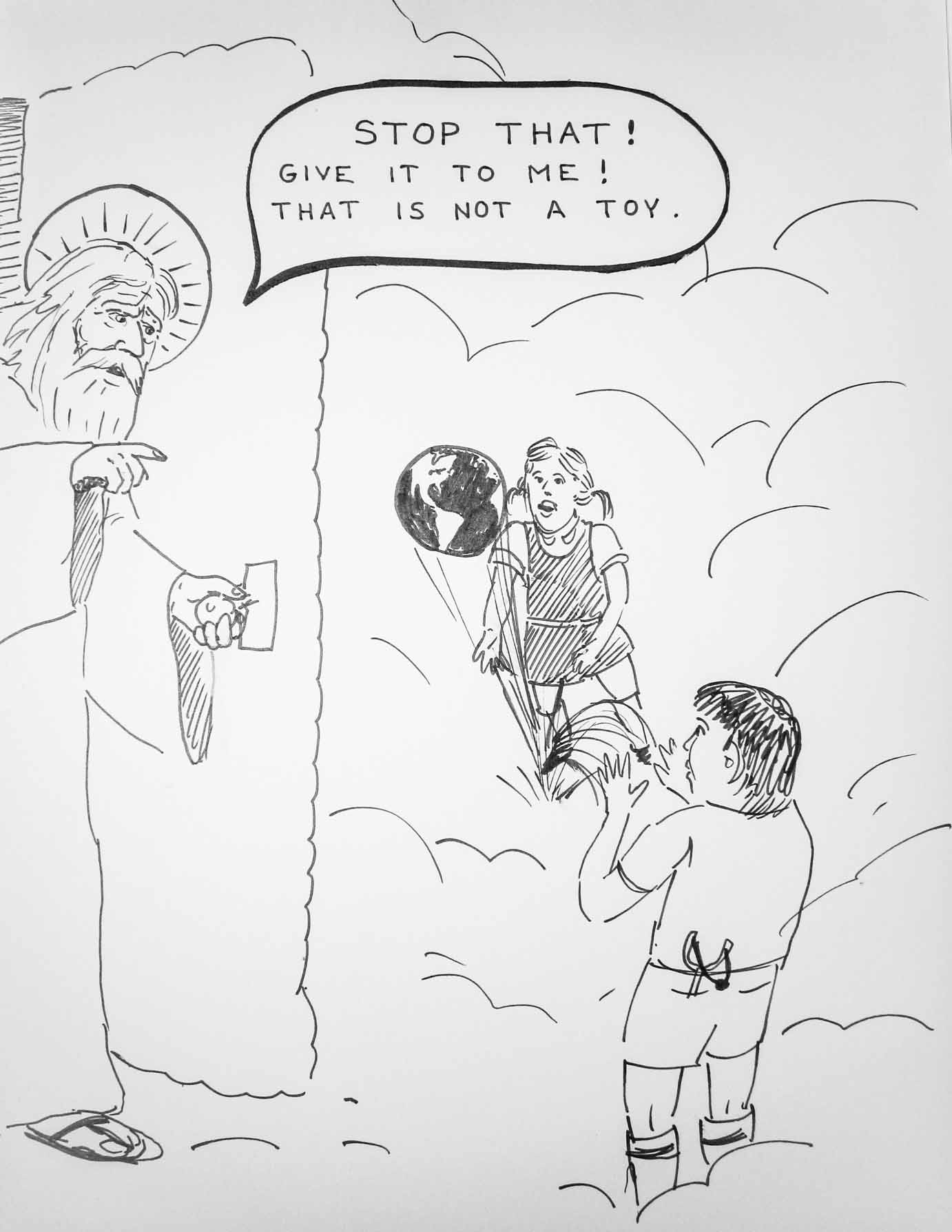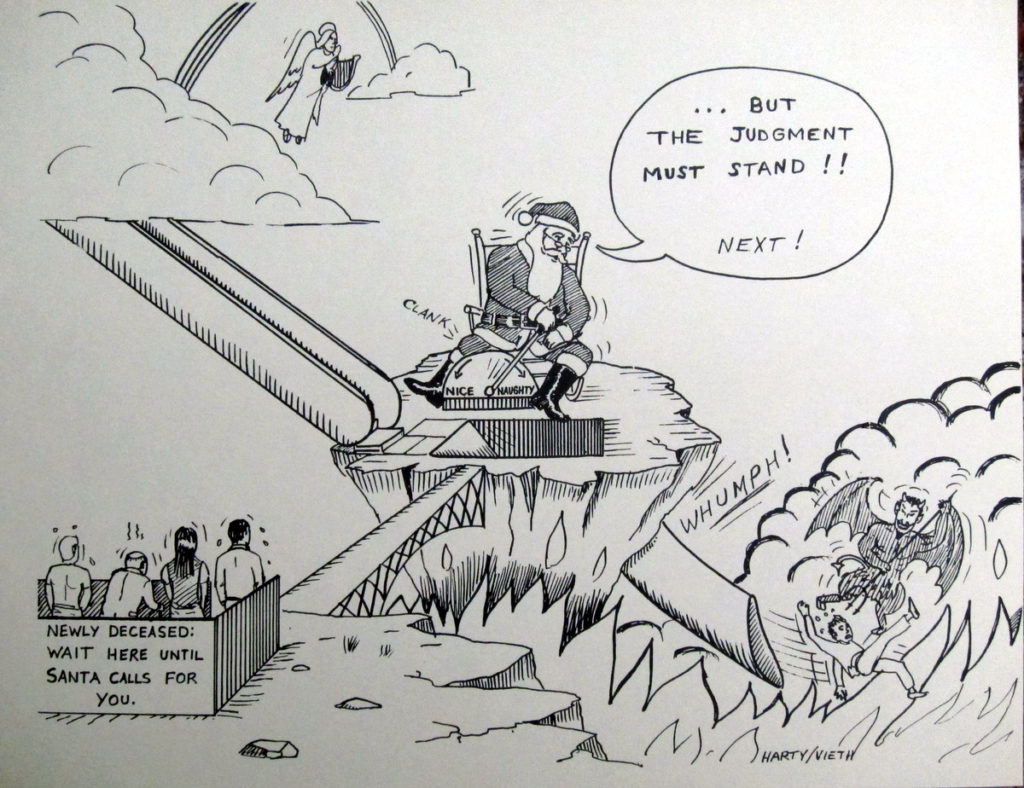Nick Hanauer gave a speech on the lies on which neoliberalism is built. He characterizes neoliberalism as "dependably orthogonal to the last 50,000 years of moral norms and traditions." Hanauer then turns the focus toward the foundation for neoliberalism, "homo economicus," the belief that human beings are "perfectly selfish, perfectly rational, and relentlessly self-maximizing." This unbecoming portrait of human animals dovetails with other unsubstantiated ideologies. For instance, you will often read that natural selection created a horrific dog-eat-dog world and that we are nothing more than these sorts of insatiable philistine dogs, which is nonsense, as discussed by primatologist Frans De Waal. De Waal’s main message is that we are NOT condemned by nature to treat each other badly. Though competition is part of the picture, we have evolved to be predominantly groupish and peace-loving beings who are well-tuned to look out for each other.
Now back to homo economicus. Here is an excerpt from Nick Hanauer's speech:
And how did we get to a so-called “ethics” of business that insists that the only affirmative responsibility of a corporate executive is to maximize value for shareholders?
I believe that these corrosive moral claims derive from a fundamentally flawed understanding of how market capitalism works, grounded in the dubious assumption that human beings are “homo economicus”: perfectly selfish, perfectly rational, and relentlessly self-maximizing. It is this behavioral model upon which all the other models of orthodox economics are built. And it is nonsense.
The last 40 years of research across multiple scientific disciplines has proven, with certainty, that homo economicus does not exist. Outside of economic models, this is simply not how real humans behave. Rather, Homo sapiens have evolved to be other-regarding, reciprocal, heuristic, and intuitive moral creatures. We can be selfish, yes—even cruel. But it is our highly evolved prosocial nature—our innate facility for cooperation, not competition—that has enabled our species to dominate the planet, and to build such an extraordinary—and extraordinarily complex—quality of life. Pro-sociality is our economic super power.
Hanauer sees homo economicus as a salve we invented to give ourselves permission to do terrible things; "It is also a story we tell ourselves about ourselves that gives both permission and encouragement to some of the worst excesses of modern capitalism, and of contemporary moral and social life."
But what about capitalism? Isn't that would puts our food on our shelves. Isn't capitalism the explanation for why we strut around with our miraculous smart phones? Hanauer explains:
Capitalism is the greatest problem-solving social technology ever invented. But knowing that capitalism works is different than knowing why it works. And contrary to economic orthodoxy, it is reciprocity, not selfishness that guides it—indeed—as if by an invisible hand. It is social reciprocity that builds the high levels of trust necessary for large networks of people to cooperate at scale. And it is only through these networks of highly-cooperative specialists that the complexity that defines our modern economy can emerge.
Capitalism is good and useful, but only to an extent. More is needed for a just and prosperous society. Hanauer offers these four rules:
- Capitalism is self-organizing, but not self-regulating. Government regulation is necessary.
- True capitalism is not shareholder capitalism.
- Capitalism is effective, but not efficient. Capitalism can raise our "aggregate standard of living, but it can also be extraordinarily wasteful, cruel, and unequal."
- True capitalists are moral capitalists. "Being rapacious doesn’t make you a capitalist. It makes you an asshole and a sociopath."
For now, I'll close on this topic, but I've written often on the purported virtues of the unfettered free market, which is an ideology that I have sometimes termed the "Fourth Person in the Holy Quartet." No doubt I'll return to this topic as homo economicus continues to destroy most of the institutions that had made the U.S. an exemplary place to live.




 Here is a gallery of our other cartoons on the topic of God:
Here is a gallery of our other cartoons on the topic of God:

